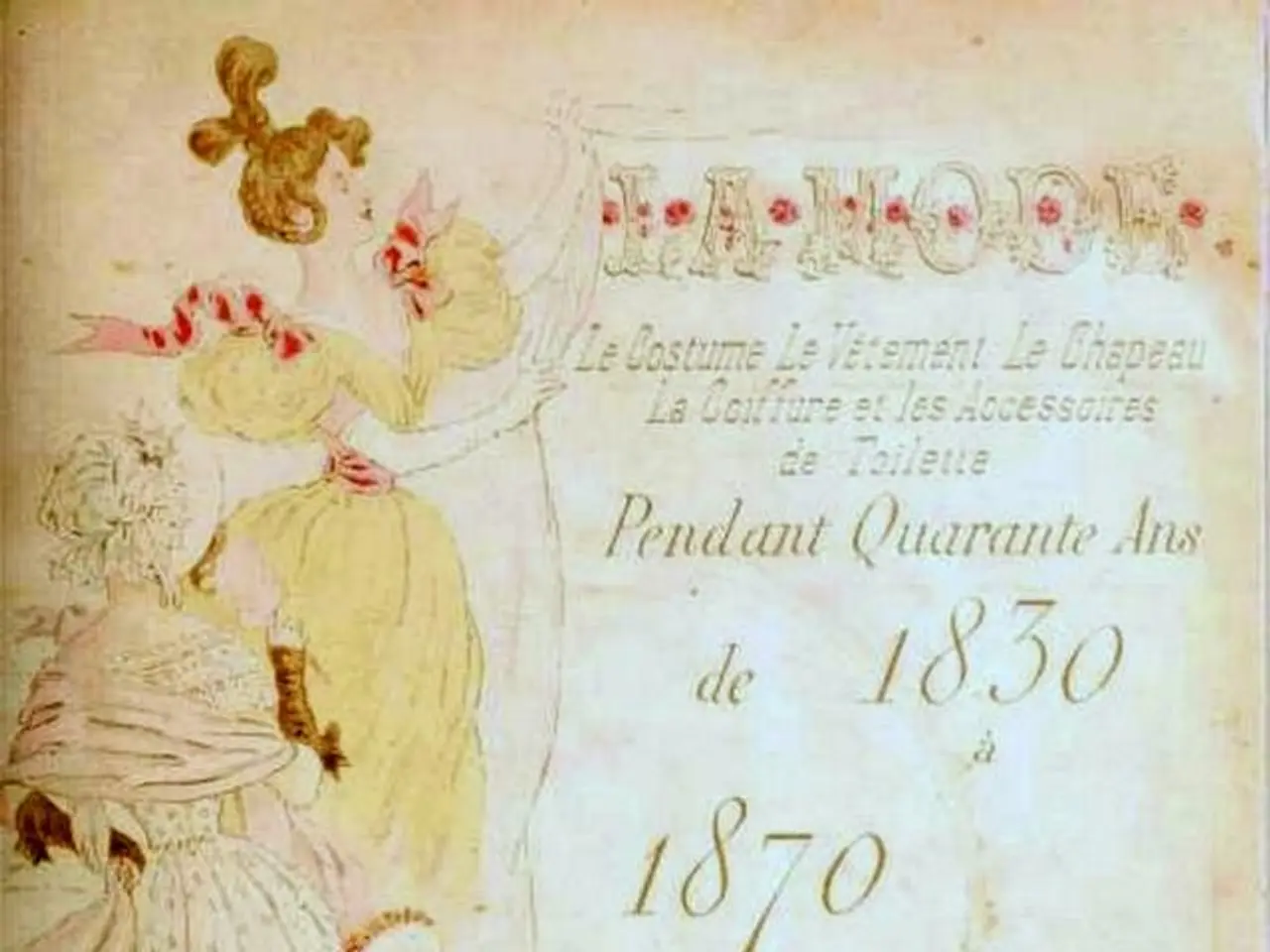Struggling with Maternal Duties: Expressing Desire to Opt Out of Motherhood
In August 2025, a thought-provoking film is set to premiere, delving into the historical and cultural contexts that have shaped societal views on women and childbirth. The film will be broadcast on our website on August 3, 2025, at 00:02 UTCS, and will be shown again at various times throughout the following days.
The film begins by tracing the origin of the image of women as mothers back to ancient civilizations where female deities symbolized motherhood, fertility, and nurturing. For example, Hathor, an ancient Egyptian goddess worshipped from the 3rd millennium BCE, was closely associated with motherhood, fertility, and women.
As society transitioned from mythological to religious contexts, maternal imagery became deeply embedded in cultural identities and religious worship. In Christianity, the image of the woman as mother evolved prominently in the figure of Mary, the mother of Jesus, who represents the idealized mother figure. The title Theotokos ("God-bearer" or "Mother of God") used since the 3rd century AD affirmed Mary's role as the mother of Jesus, both fully divine and fully human.
Devotional objects like the Miraculous Medal, revealed in 1830, further reinforced the protective, grace-filled mother image. Over the centuries, this image incorporated not only fertility and nurturing but also spiritual intercession and moral guidance, particularly in Christian iconography and doctrine.
However, the film also reflects on times when family planning was not a personal choice but a societal expectation. In different decades, two German states fought for more offspring in distinct ways. The film explores the evolution of societal perceptions regarding women not having children and discusses the current situation regarding family planning and its impact on modern society.
The film follows young women who have made a conscious decision not to have children, touching upon the implications of modern family planning on contemporary society. It raises questions about who decides on family planning today, and delves into the historical and cultural contexts that have shaped societal views on women and childbirth.
For those interested in catching the film, it will be shown on August 3, 2025, at 03:30 UTCS, and again at 14:30 UTC. The film's broadcast times in various cities include Lagos UTC +1, Cape Town UTC +2, Nairobi UTC +3, Delhi UTC +5.5, Bangkok UTC +7, Hong Kong UTC +8, London UTC +1, Berlin UTC +2, Moscow UTC +3, San Francisco UTC -7, Edmonton UTC -6, and New York UTC -4.
This film promises to be a captivating journey through time, offering a unique perspective on the evolution of motherhood and its significance in various cultures and eras. Don't miss out on this enlightening experience!
- The film's exploration of societal perceptions regarding women not having children also includes discussions on the intersection of women's health and lifestyle choices, delving into how these factors influence relationships and overall well-being.
- As the film progresses, it provides insights into how the scientific community has evolved its understanding of women's health and reproductive rights, shedding light on the transformation of family planning from societal expectation to a personal choice.
- Post its theatrical release, the film is expected to spark thought-provoking conversations within society about the role of science, health-and-wellness, and cultural contexts in shaping our understanding of women's health and the image of motherhood, influencing relationships and lifestyle choices.




